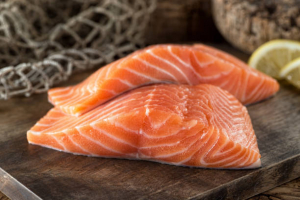Top 6 Health Benefits of Wasabi
Wasabi, often known as Japanese horseradish, is a cruciferous vegetable that grows wild in the streambeds of Japan's mountain river valleys. It also grows in ... read more...humid, shady areas of North America, China, Korea, and New Zealand. This vegetable has several substances that may have a number of health advantages, such as the isothiocyanates (ITCs) that give it its strong flavor. Here are wasabi's most potential health advantages.
-
Food poisoning, often known as a foodborne sickness, is an infection or irritation of the digestive tract brought on by ingesting foods or beverages that contain pathogens, such as bacteria, viruses, and parasites. The greatest approach to avoiding food poisoning is to handle, cook, clean, and store food properly. Salt is one of several herbs and spices that can stop the growth of germs that cause food poisoning.
Two of the most typical bacteria that cause food poisoning, Escherichia coli O157:H7 and Staphylococcus aureus, have been demonstrated to be resistant to the antibacterial properties of wasabi extract. More research is required to validate these results, but they imply that wasabi extract may help prevent or lower the risk of foodborne infections.
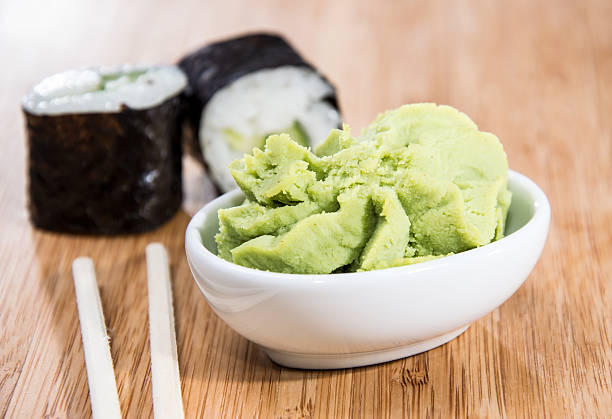
Anti-foodborne illnesses 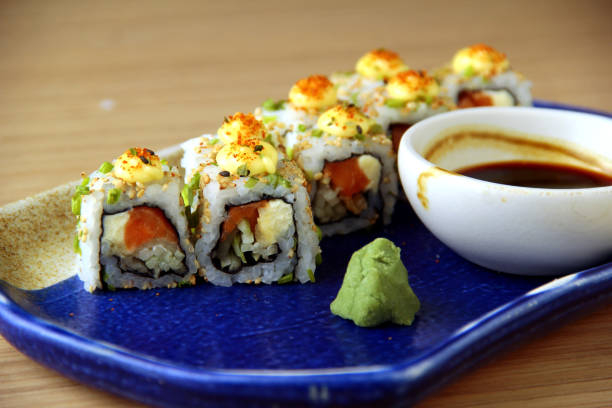
Anti-foodborne illnesses -
The stomach and small intestine are both infected by the bacterium H. pylori. It can result in stomach cancer and inflammation of the stomach lining and is the main cause of peptic ulcers. Even though the infection affects around 50% of the world's population, most people won't experience these issues. Although the exact mechanism of H. pylori transmission is unknown, experts think that contact with feces-contaminated food and drink may be a factor.
Proton-pump inhibitors, which lessen the production of stomach acid, are frequently employed in treatment plans for peptic ulcers brought on by H. pylori. Wasabi may also help heal peptic ulcers brought on by H. pylori, according to preliminary test-tube and animal research. Although promising, more human studies are required before any judgments on the impact of wasabi on H. pylori can be made.
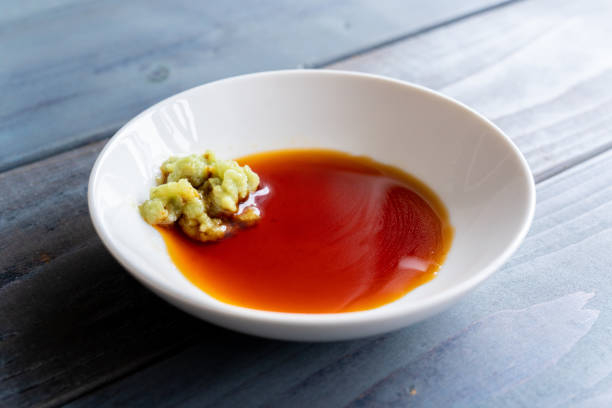
May have antibacterial effects against H. pylori 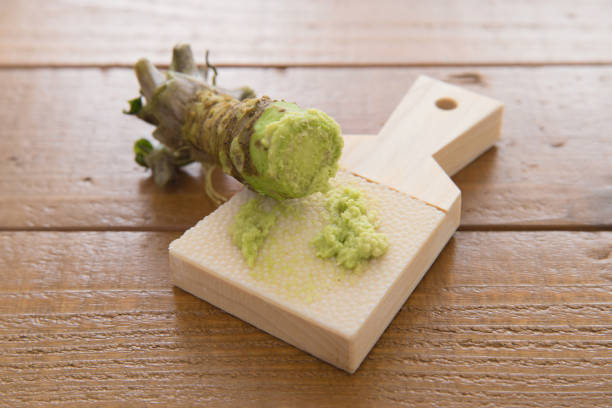
May have antibacterial effects against H. pylori -
Wasabi might possess strong anti-inflammatory qualities. In an effort to defend and cure your body, your immune system responds to infections, wounds, and poisons like polluted air and cigarette smoke by inducing inflammation. Chronic, unchecked inflammation can be a factor in the development of a number of inflammatory diseases, such as heart disease, diabetes, and cancer.
Animal cell experiments in test tubes show that the ITCs in wasabi inhibit the growth of pro-inflammatory cells and enzymes, such as Cyclooxygenase-2 (COX-2) and inflammatory cytokines like interleukins and tumor necrosis factor (TNF). There aren't many studies on how wasabi affects inflammation in humans, therefore it's not obvious if it does.
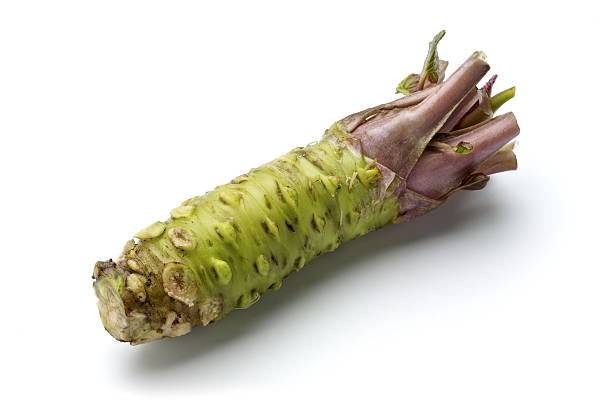
Anti-inflammatory properties 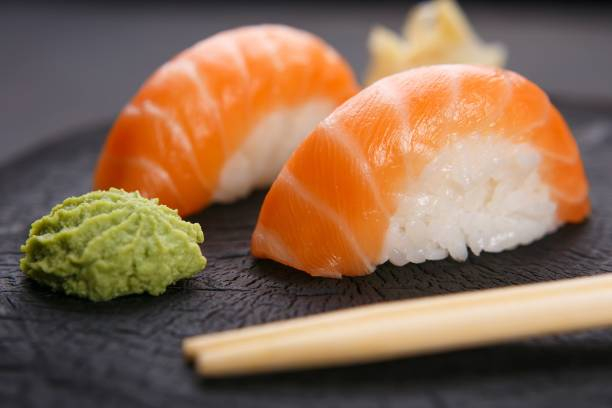
Anti-inflammatory properties -
According to some research, the wasabi plant's edible leaves include substances that may inhibit the growth and development of fat cells. In a mouse experiment, a substance called 5-Hydroxyferulic acid methyl ester (5-HFA ester), which was extracted from wasabi leaves, prevented the growth and development of fat cells by silencing a gene involved in the production of fat. Similar to this, a 6-week mice study found that stopping the formation of fat cells daily with 1.8 grams of wasabi leaf extract per pound (4 grams per kg) of body weight was effective.
Furthermore, a study demonstrated that wasabi leaf extract inhibited the development and synthesis of fat cells in mice fed a high-fat, high-calorie diet, preventing weight gain. These findings, albeit encouraging, came from tests on animals and in test tubes. The effects of wasabi leaf extract on people require further study.
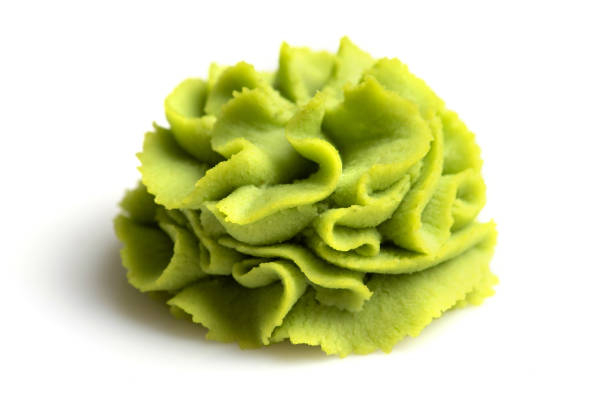
May promote fat loss 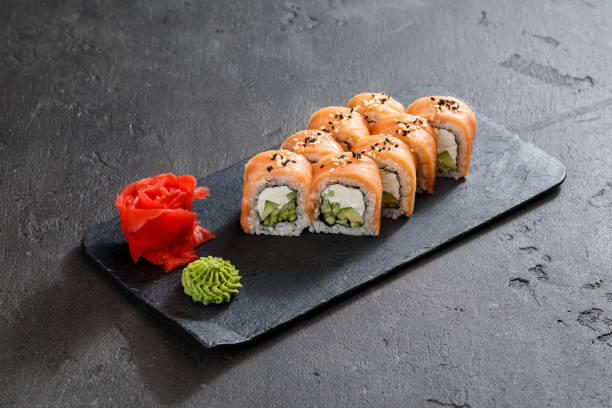
May promote fat loss -
Wasabi's naturally occurring ITCs have been investigated for their potential to fight cancer. According to one study, ITCs derived from wasabi root significantly reduced the production of acrylamide during the Maillard reaction, a heat-induced chemical reaction between proteins and sugar. When foods are cooked at high temperatures, such as when frying or grilling, a chemical called acrylamide can develop, especially in coffee, potato chips, and French fries. There is conflicting evidence linking dietary acrylamide intake to some malignancies, including ovarian, endometrial, and kidney cancers.
Additionally, research conducted in test tubes suggests that ITCs and related substances extracted from wasabi either kill or inhibit the growth of human colorectal, oral, pancreatic, and breast cancer cells. Although encouraging, it's not obvious whether these findings hold true for people. However, some observational studies have found that eating more cruciferous vegetables, like wasabi, may lower your chance of developing many cancers, including bladder, breast, prostate, and lung cancer. Arugula, broccoli, Brussels sprouts, cauliflower, kale, and rutabaga are some further cruciferous vegetables.
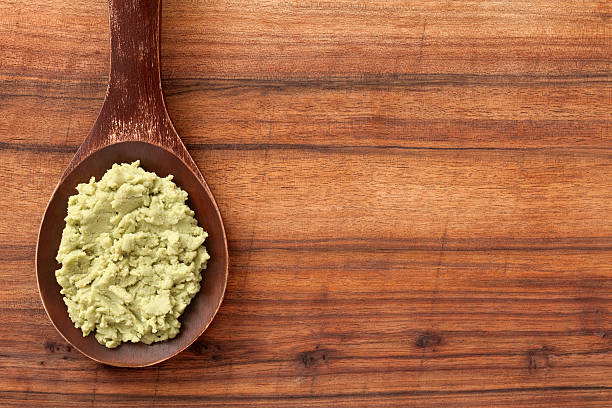
May have anticancer properties 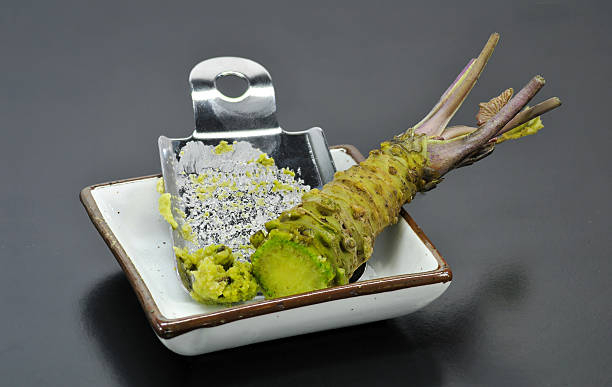
May have anticancer properties -
Wasabi might benefit bone health. In animal research, p-hydroxycinnamic acid (HCA), a wasabi component, has been shown to stimulate bone growth and reduce bone degradation. The possibility that HCA might be used to treat osteoporosis, a condition that makes bones brittle and flimsy, has been raised by researchers. Human research is needed to verify this potential advantage, though.
Wasabi's ITCs may have neuroprotective properties. Studies on mice have shown that they stimulate the activation of anti-inflammatory antioxidant mechanisms in the brain. According to these findings, neurodegenerative diseases like Parkinson's disease that are triggered by inflammation may be prevented or slowed down by ITCs.
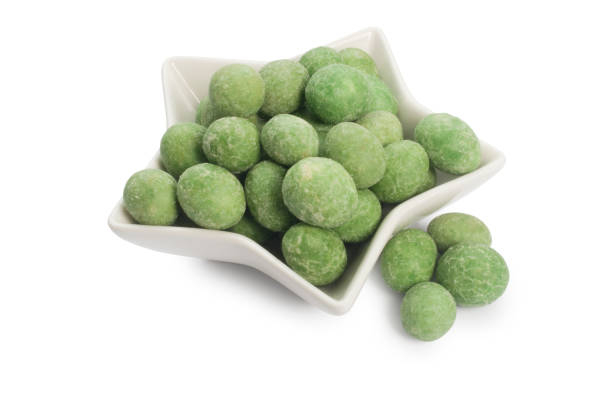
Improve bone and brain health 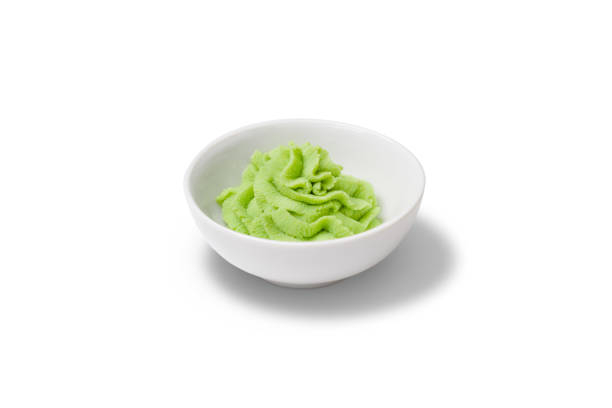
Improve bone and brain health


























